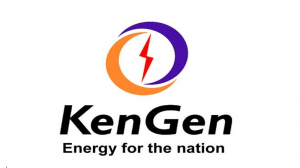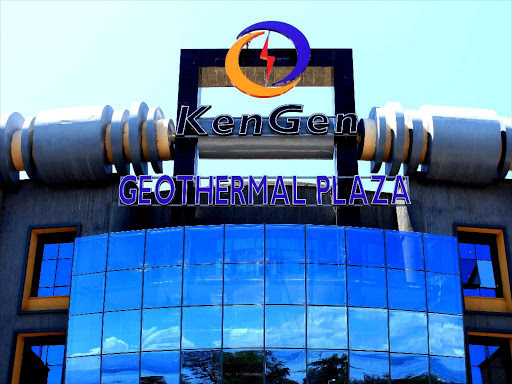KenGen is earning a lot of interest on money it would have given banks if it hadn’t had debt repayment moratoriums following the Covid-19 outbreak.
In the six months to December 2021, finance income climbed by Sh180 million, or 22%, to Sh1.009 billion, mainly to bigger bank deposits that would have been eaten away by loan repayments otherwise.

It also earned interest on funds kept for ongoing projects, which helped to maintain its bottom line at a period when the Covid corporate tax incentives and capital allowances for its Olkaria V geothermal plant ate into its gross revenues.
“The interest was earned on increased cash balances held for ongoing projects and loans whose repayment has been rescheduled as part of Covid-19 relief programme by financing partners,” said KenGen in its half-year results update.
Based on the loan repayment moratorium, which was implemented by the Central Bank of Kenya (CBK) in March 2020 to protect borrowers from financial distress after the Covid-19 pandemic hit the country, the company saw a gain of Sh449 million in finance income to Sh1.88 billion in the year ended June 2021.
Lenders restructured Sh1.7 trillion in loans under the emergency measure, accounting for 57 percent of the banking sector’s overall loans.
KenGen was one of the debtors who continued to benefit from the lenient repayment conditions even after the emergency measure was lifted.
It also shows that the loan repayment moratorium was not just used by small firms and individuals, but also by huge corporations with billions of dollars in cash reserves.
KenGen‘s financing expenses fell by 27%, or Sh334 million, to Sh897 million in the six-month period, owing to a drop in loan amounts. The company’s net profit increased by 1.3 percent to Sh5.12 billion over the period.
Revenue climbed by 14% to Sh24.8 billion, while expenditures increased by 8% to Sh14.13 billion, owing to increasing commercial activity in Ethiopia, where the firm has been drilling geothermal wells for Ethiopia Electric Power (EEP).
Due to increased dispatch from Olkaria geothermal units, the company’s steam expenses climbed by 8.3 percent, or Sh127 million, to Sh1.65 billion.

















